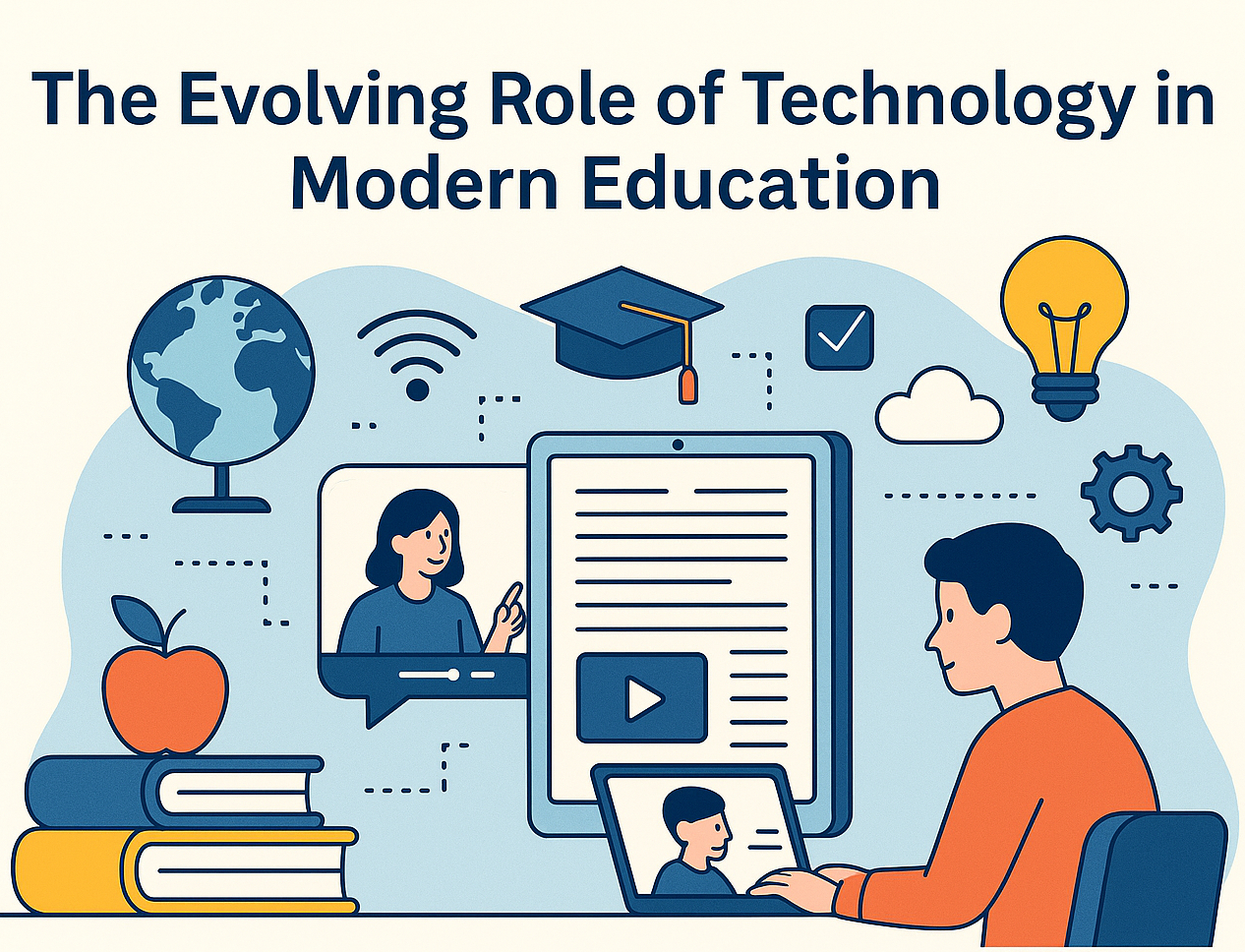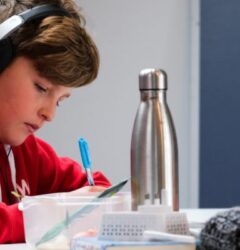
Education is undergoing a profound transformation, driven largely by rapid advances in technology. Traditional classrooms—once reliant solely on textbooks and chalkboards—are now integrated with digital tools that make learning more interactive, accessible, and personalized.
The Shift Toward Digital Learning
E-learning platforms, smart classrooms, and virtual libraries have expanded access to quality education beyond geographical boundaries. Students from rural or remote areas can now attend virtual classes, access digital course materials, and connect with expert teachers worldwide.
Personalized and Adaptive Learning
Artificial intelligence and machine learning are enabling adaptive learning platforms that analyze student performance in real time. This allows for personalized study plans, ensuring that learners receive targeted support in areas where they struggle.
Skills for the Future
Modern education is also shifting focus from rote memorization to skill development. Critical thinking, creativity, collaboration, and digital literacy are increasingly emphasized as essential skills for success in the 21st century workplace.
Challenges Ahead
While technology enhances learning, it also poses challenges such as the digital divide, cybersecurity risks, and overdependence on screens. Addressing these requires policies that balance innovation with inclusivity and safety.
In conclusion, education is evolving into a more flexible, student-centered system. When harnessed responsibly, technology can bridge gaps, democratize knowledge, and empower learners across the globe.






